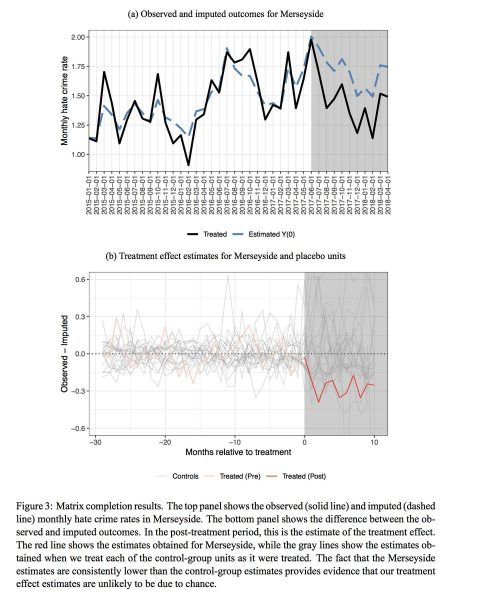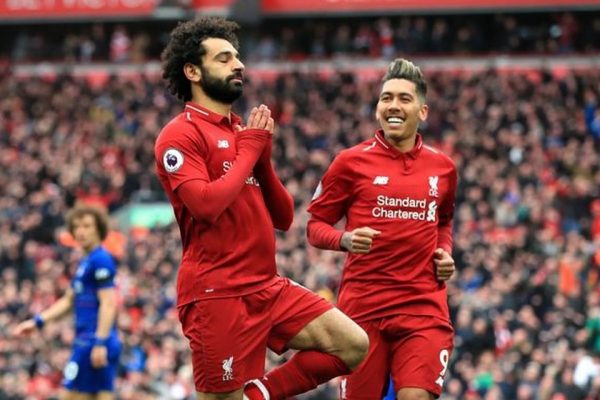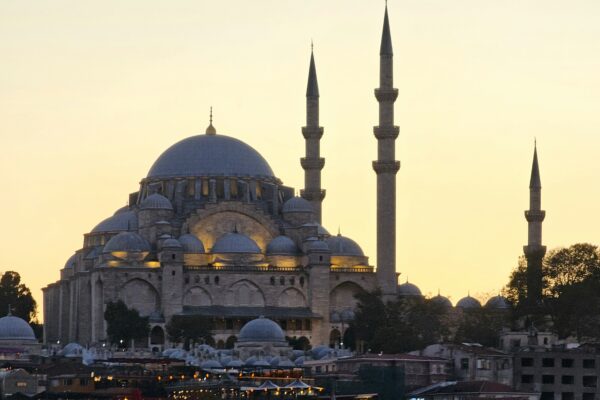In May 2018, I made a trip to Rome to watch my beloved Liverpool FC play in the Champions League semi-final in Rome. We made our way to the stadium and reached our seats with about an hour to spare. The atmosphere in the Stadio Olimpico that night was electric and the stage was set. We had a slight issue though. The time for maghrib (the evening prayer) was to set in just 20 minutes before kick-off and so our only option was to pray in a corner of the stadium.
Now for those of you that have ever prayed in public, I’m sure you’re used to the weird looks from people and being made to feel like you’re doing something wrong. I was very much anticipating that last May in Rome. The reality was quite remarkable. We took turns praying (just in case!) and to my utter bewilderment, as half-drunk Liverpool fans made their way to their seats, they saw us praying in the corner and applauded us, chanting “Mo Salah, Mo Salah” in our direction. It was surreal.
When posting about my experience on Facebook at the time I said:
“Just goes to show that simply being stand-up people and excelling in our fields we can combat Islamophobia and bring about a bit more tolerance in society.”
I’m happy to report that research has actually backed my hypothesis!
A paper published on May 31st 2019 from the Department of Political Science at Stanford University entitled, “Can Exposure to Celebrities Reduce Prejucide? The effect of Mohamed Salah on Islamophobic Behaviours and Attitudes”, sought to answer the question: Can exposure to successful celebrities from stigmatized groups reduce prejudices towards that group at large?
Their research, looking at 936 hate-crime reports, 15 million tweets from UK football fans and a survey of 8,060 Liverpool FC fans found that Merseyside county (where LFC is based) saw an 18.9% drop in hate crimes and the number of anti-Muslim tweets sent by Liverpool fans were cut in half. The abstract of the paper also states that “the survey experiment suggests that these results may be driven by increased familiarity with Islam.”
You can read their full research paper here.
Salah’s faith has been at the centre of things since his arrival at Liverpool FC. He celebrates every goal by prostrating the way that Muslims do daily in every prayer and Liverpool fans have invented and have sung songs about Salah in the stadium using worlds like “Muslim”, “Allah” and “Mosque” all in a positive context(!). Upon Salah being named one of TIME’s 100 Most Influential People of 2019, his Liverpool manager Jürgen Klopp had this to say:
“[Salah] is Muslim and live[s] that in a world where these things are very often discussed in a dangerous manner, where people think ‘they are all like this’ or ‘they are all like that’… it’s nice to have somebody around full of joy, full of love and to do what he is doing around his religion… He is very influential for us. And if somebody thinks he is influential for the rest of the world as well then good, show it…It’s an important statement for the world.”
Mohamed Salah has transcended football since his arrival at Anfield and as I commented in my Facebook post last year, “all the Maajid Nawaz reformist type Muslims haven’t achieved in the last decade even an iota of what Mo Salah has in the last few months just by being himself.”
— Mohamed Salah (@MoSalah) June 2, 2019
Just a few years ago, Liverpool fans praying at Anfield were mocked by a fellow fan on Twitter. Fast forward less than five years and Muslim fans are being applauded whilst praying, hate crime are down in Merseyside and Liverpool fans are singing about wanting to be in a mosque!
All this because of a man, who, even when Chelsea fans were filmed calling him a bomber, responded by scoring a wonder-strike against the club the following Sunday and celebrating with a yoga pose.
Once again, it just goes to show that simply being stand-up people and excelling in our fields we can combat Islamophobia and bring about a bit more tolerance in society!







